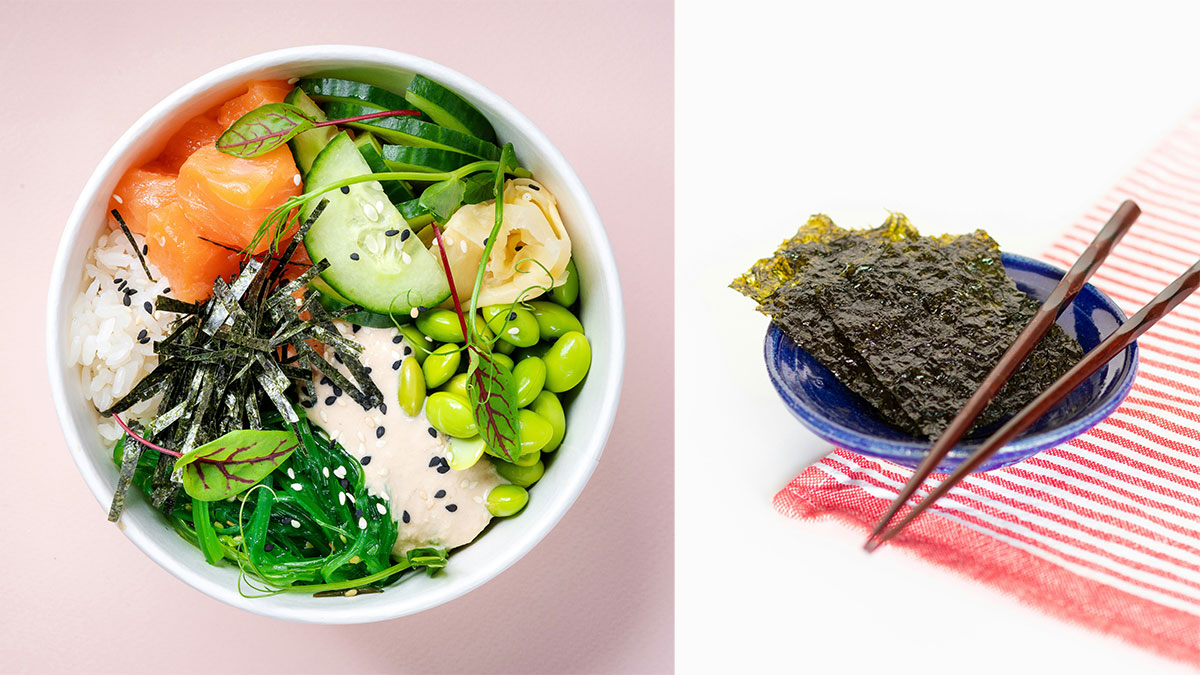The use of seaweed in Asian cuisine since prehistoric times has many reasons. They are one of the healthiest foods on the planet due to their rich content of vitamins, minerals, and antioxidants. There are more than 10,000 different types of seaweed, but not all of them are suitable for consumption. The most common algae are red, brown, green, and blue-green algae. However recent studies published in the journal marine drugs must confirm that the red algae contained in nori can prevent the development of colon cancer and other cancers.
Scientists have previously wondered why Japan has the lowest incidence of colon cancer in the world. It has been suggested that this is due to the characteristics of the Japanese diet and lifestyle. To find out the relationship between seaweed consumption and colon cancer rates, researchers conducted a new study.
Red algae have been used as food and to treat diseases for thousands of years. What are their beneficial properties?
- Seaweed is rich in vitamins, minerals, and antioxidants that are easily absorbed by the body.
- They promote healthy blood circulation in the body.
- Regulate blood sugar levels.
- Reduces bad cholesterol levels due to its high fiber content.
- They are a rich source of calcium and magnesium, essential for bone health.
- Seaweed contains antioxidants that strengthen the immune system and support healthy skin.
It was previously found that Asians who consume a lot of seaweed in their diet are less likely to develop colon and breast cancer. However, it was not clear which component of the algae was responsible for the anticancer effect.
In the study, scientists isolated the structure of red algae and tested six resulting sugars for prebiotic activity using enzymes. Only agarotriose (a polysaccharide derived from agar) and 3,6-anhydro-l-galactose, or ahg, appeared to show promise.
Using the probiotic bacterium bifidobacterium longum ssp. infants, researchers tested how sugars affected its growth. It turned out that agarotriose feeds these beneficial bacteria that populate the intestines. This helped explain why the Japanese population has better health compared to other nations.
The scientists also tested the sugar for anti-cancer activity and found that a specifically inhibited the growth of human colon cancer cells without affecting normal cells. This property of ahg explains its antitumor activity.
Thus, the presence of red seaweed in the diet may have positive effects on health, especially in the prevention of colon cancer and other cancers.

